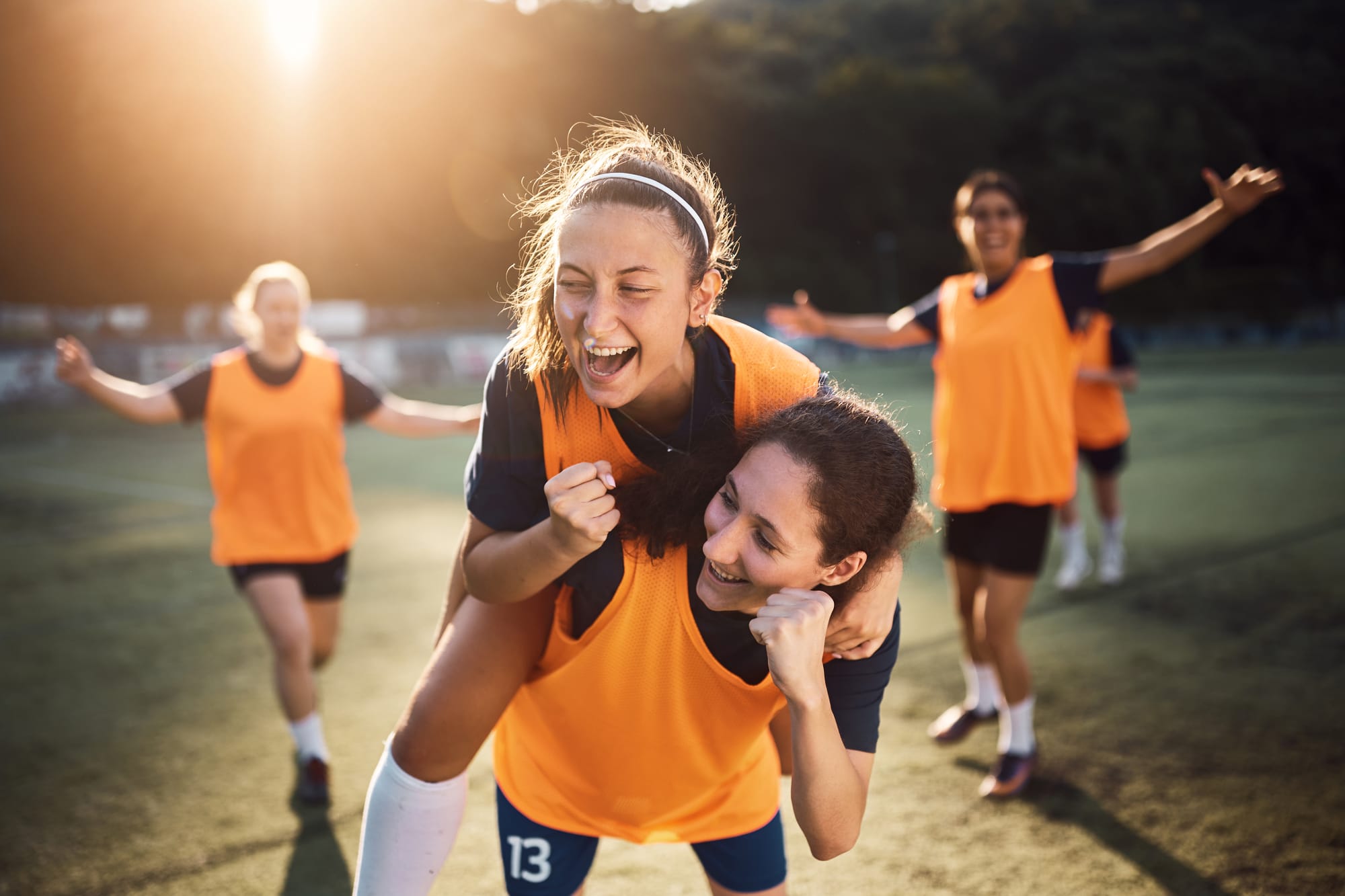Social Development

Participating in extracurricular activities is beneficial to students’ social development. Group activities build team-work and communication skills, which are necessary for success in the workforce and other future endeavors. Students are continually looking for a greater sense of belonging (Knifesend & Graham, 2012). Belonging to extracurricular groups is important for “providing access to the relationships and networks that influence positive outcomes for students” (Shulruf, 2010, p. 595).

Group activities provide opportunities for students to build connections with others who have similar interests and goals, which will increase their motivation to commit long term to an activity that also increases enjoyment. Also, extracurricular activities provide opportunities for students to connect with positive social groups that influence students to avoid negative life choices (Veltz & Shakib, 2013). In addition to building peer relationships, participation in extracurricular activities provides opportunities for students to build relationships with supportive adults (Fredricks, 2011). Having a mentor is crucial for students who do not have adult support and guidance in their lives. Participating in extracurricular activities builds adolescents’ social skills by creating a sense of belonging, building positive